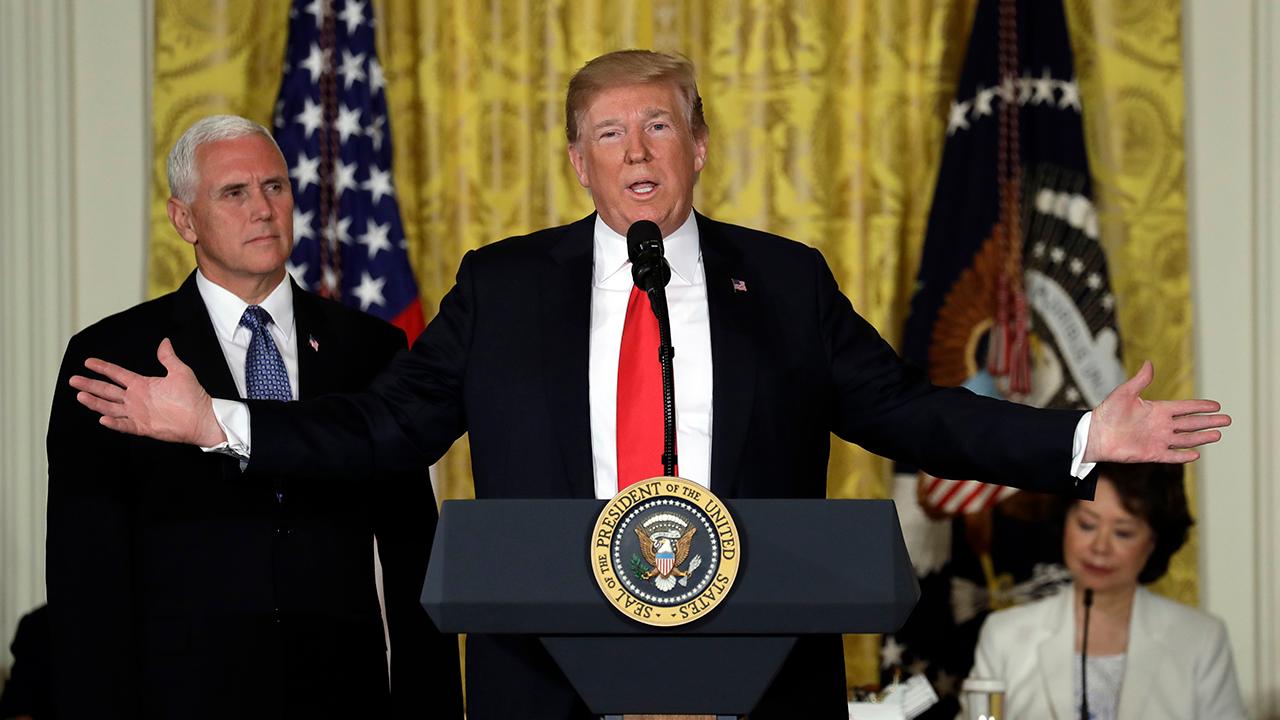What ICE is really doing on the US-Mexico border
As a border patrol agent based near Mexico, Hector Garza holds his job in high esteem: He tries to do the job with dignity, he said, even in the face of mass protests aimed at the Trump administration’s policy of forcibly separating immigrant children from their parents.
“We’re treating people with respect at the border,” he said during an interview with FOX Business’ Neil Cavuto. “Our agents go out there every single day and save these illegal immigrants who crossed, kids were abandoned by their parents, abandoned by the smugglers.”
The furor began on Monday, after the U.S. Immigration and Customs Enforcement Agency began forcibly separating and detaining children from their parents who had entered the U.S. illegally. Although President Trump signed on Thursday an executive order that ended the policy by keeping families together when they’re detained, there are reportedly still hundreds of children separated from their parents.
Garza said some of the separations are likely to continue, despite the executive order, because some of the children aren’t related to the adults purporting to be their parents. Some cartels, he said, will sneak across the border by pretending to be families.
“Many times they don’t have any kind of information,” he said. “They have their names confused. The kid won’t even recognize who the adult is.”
Garza did not have specific numbers about how many children may have been recruited by drug cartels.
Protesters have targeted border patrol agents and administration officials, including Homeland Security Secretary Kirstjen Nielsen.
But, Garza said, many people aren’t aware of what it really entails to be a border patrol agent, or what the job is comprised of. And while he said the waves of hatred toward the agency has affected some of the agents, they will continue to go out there and protect the country, he said.
Each day, agents confiscate mass amounts of drugs along the border -- drugs that could kill people in the U.S., he said.
“They’re focusing on this issue with families, but they’re not focusing on the fentanyl, the cocaine and all these dangerous drugs that are killing our kids in this country,” he said. “Those are the drugs we need to stop.”




















